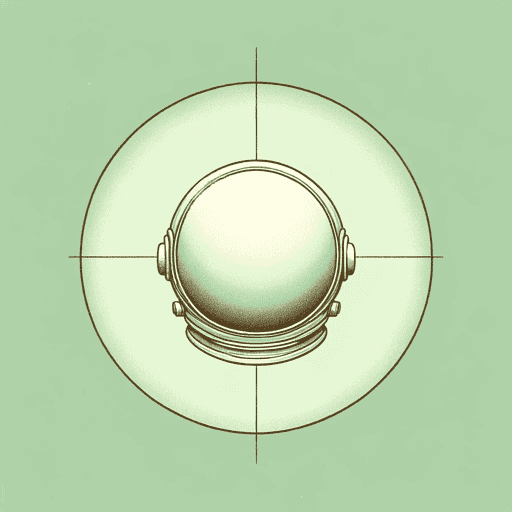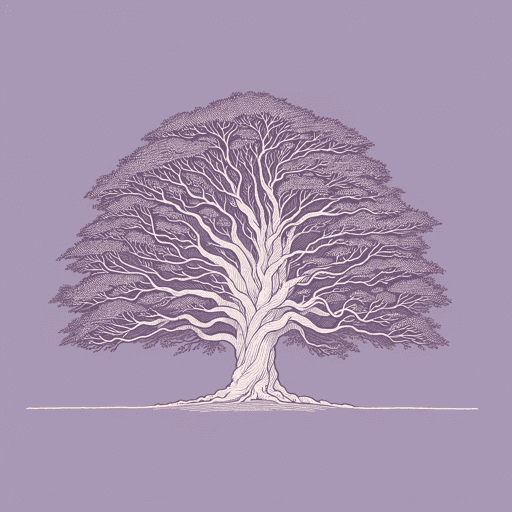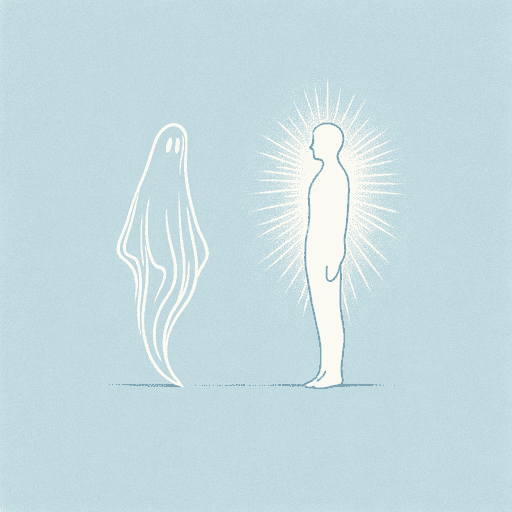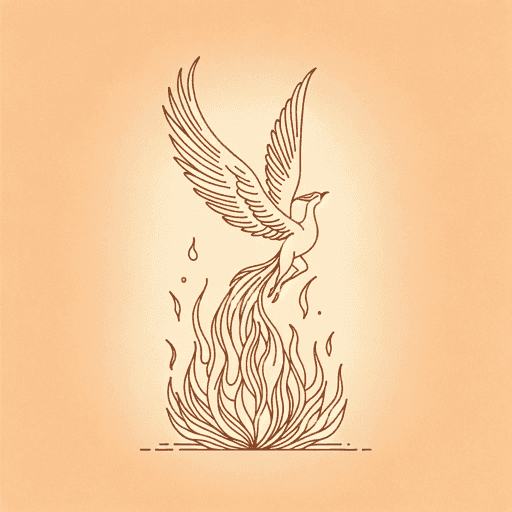39 pages • 1 hour read
Surprised by Joy
A modern alternative to SparkNotes and CliffsNotes, SuperSummary offers high-quality Study Guides with detailed chapter summaries and analysis of major themes, characters, and more.
Themes
Joy
Joy is at the heart of Lewis’s story. By Lewis’s definition, it is a moment of intense longing that is in itself more satisfying than any satisfaction; when Joy returned to him after a long absence, Lewis writes, “I knew (with fatal knowledge) that to ‘have it again’ was the supreme and only important object of desire” (73).
Joy occupies a complex place in Lewis’s thoughts about his conversion. On the one hand, it’s the most visceral and direct experience possible of that great, most-desirable object that is God. On the other hand, it’s initially deceptive. The desire for Joy, Lewis explains, can only eventually reveal that Joy itself is not what one is desiring. Rather, Joy is produced by something else.
Joy might usefully be connected to the ancient Greek idea of nostos, a longing for home (from which we get the English word “nostalgia”). When Lewis feels joy, it is often in the context of reflecting on his past experiences. For instance, his first memory of the feeling comes when he’s standing in a garden that makes him remember his feelings for his brother’s toy garden. Another stab of joy comes when he reads lines from Tegner’s Drapa: “I heard a 


Related Titles
By C. S. Lewis




















